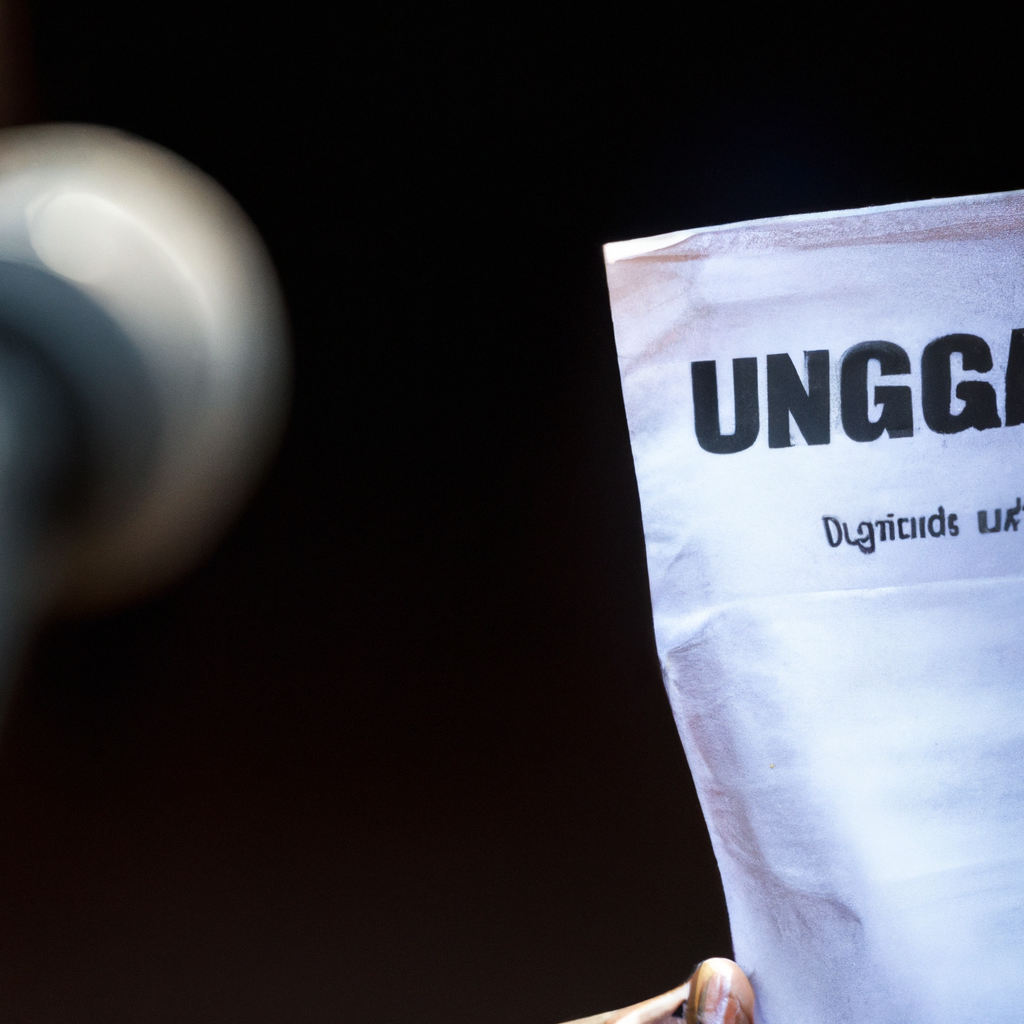Uganda has come under increasing pressure from regional and international human rights organizations to comply with a recent court ruling demanding the release of political figure Kizza Besigye along with other detainees. This decision, made by the High Court, calls attention to the government’s obligations regarding the treatment of political prisoners and the enforcement of human rights standards. Critics argue that the failure to adhere to this ruling undermines the credibility of Uganda’s judicial system and raises concerns about the broader implications for democracy and human rights within the country. The calls for the release of Besigye and his associates come amidst rising tensions surrounding Uganda’s political climate as the country approaches upcoming elections.
Court Ruling Background
The ruling made headlines after it was highlighted by several human rights watchdogs, including Amnesty International and Human Rights Watch. These organizations demand immediate and unconditional compliance with the judicial order. Kizza Besigye, a prominent opposition leader and four-time presidential candidate, has faced numerous legal challenges and detentions, which his supporters claim are politically motivated. The court’s recent decision reiterates the need for the Ugandan government to respect the rule of law.
Besigye, along with key figures from his political party, have been at the forefront of Uganda’s opposition movement. Their ongoing detentions have sparked protests and strong reactions from civil society groups who view their imprisonment as an attack on political dissent. Activists fear that not releasing these individuals could exacerbate unrest in the country and deepen divisions among the populace.
International Reactions
The response from the international community has been swift. Diplomatic missions and foreign governments have expressed concern over Uganda’s commitment to human rights. The United States Embassy in Kampala issued a statement urging the Ugandan government to uphold its obligations under international law, including adhering to court rulings.
Additionally, regional bodies such as the East African Community (EAC) are watching the situation closely. The EAC has previously emphasized the importance of democratic principles and human rights in its member states. Failure to comply with the court’s verdict could draw increased scrutiny and potential sanctions from neighboring countries and international partners who insist on upholding democratic values.
Implications for Uganda’s Political Climate
The ongoing situation surrounding Besigye and others highlights a broader issue within Uganda’s political landscape. The government led by President Yoweri Museveni, who has been in power since 1986, has faced mounting criticism for its handling of dissent. Observers argue that the government’s reluctance to release Besigye is indicative of a regime that is resistant to change and unwilling to tolerate opposition.
Paradoxically, the more the government stifles dissent, the more it appears to be alienating significant segments of the population. Ugandans are increasingly vocal about their desire for more political choice and accountability in governance. As the country approaches the next election cycle, the government’s actions regarding political prisoners will likely influence public sentiment and could mobilize support for opposition movements.
Conclusion and Future Outlook
The Ugandan government stands at a critical juncture, facing pressure from both within and outside its borders to honor the court’s ruling concerning Kizza Besigye and his associates. Adhering to this judicial decision could serve as a significant step toward rebuilding trust in Uganda’s legal system and demonstrating commitment to human rights.
Conversely, continued defiance may result in escalating tensions both domestically and internationally. The stakes are high; Uganda’s reputation as a stable democracy in East Africa is on the line, and how the government responds will have lasting implications for its political landscape and foreign relations. As citizens look for leadership that upholds the rule of law, the coming months may reveal whether Uganda can navigate its political challenges while respecting the rights of its citizens.







